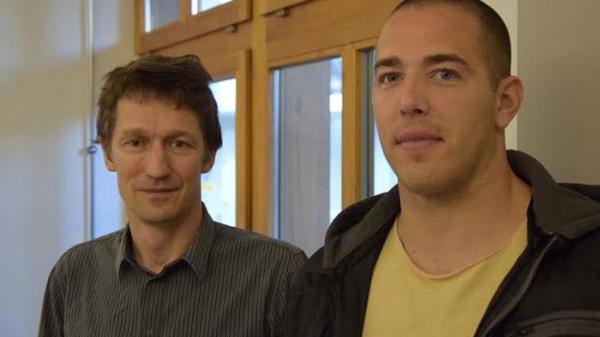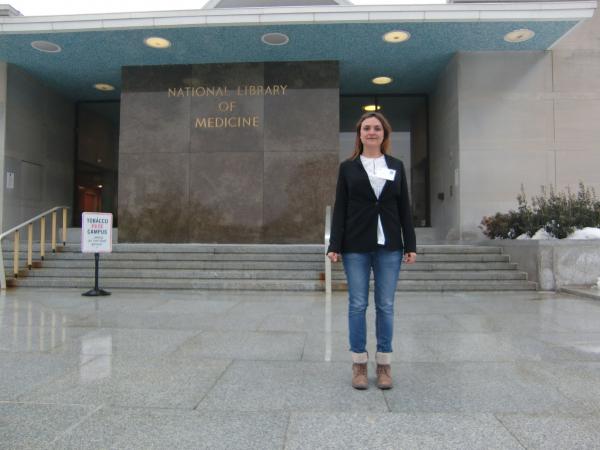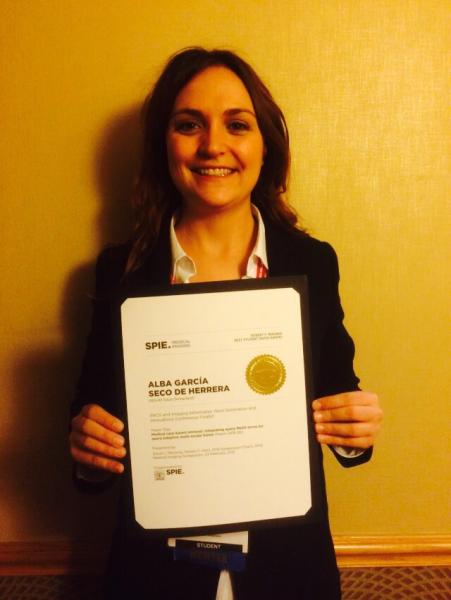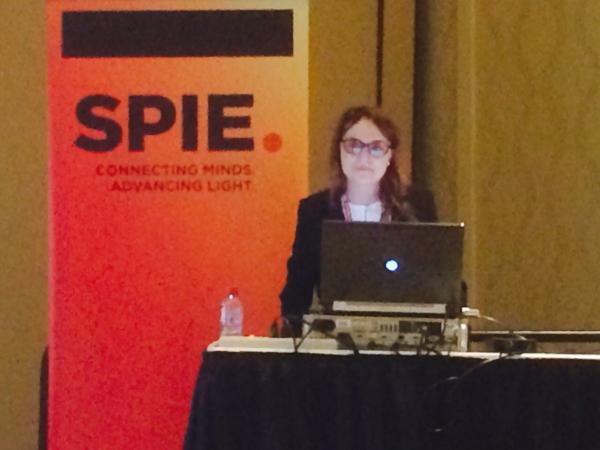Prof. Henning Müller participated in the discussion ‘Health Apps – Opportunity or Risk?’ from santemedia.ch:
Health Apps – Opportunity or Risk?
04/23/2015
Health Apps and Wearables manage their own health and affect the behavior of the users. The interest in health data is large. What happens to own data, users do not usually know. Who determines who is allowed to see or use the data? Are there guidelines for providers? What users need to pay attention to health apps? What is happening to our health?
Staying with David Staudenmann are next to Dr. med. Urs Stoffel, Member of Corporate Executive Medical Association FMH Prof. Henning Müller, e-health expert and FH lecturer Institute of computer science, HES-SO Valais Wallis and Dr. iur. Michael Isler, lawyer, Walder Wyss AZurich.
http://www.santemedia.ch/de/gesundheitspolitische-sendungen.1194/2011-12-13.1273/gesundheitsapps-chance-oder-risiko.2304.html
‘Health apps and wearables manage personal health and affect the behavior of the users. The interest in health data is large. Users usually don’t know what happens to their data. Who determines who is allowed to see or use the data? Are there guidelines for providers? What users need to pay attention in health apps? What is happening to our health service?
Staying with David Staudenmann are next to Dr. med. Urs Stoffel, Member of Corporate Executive Medical Association FMH Prof. Henning Müller, e-health expert and FH lecturer at the Institute of computer science, HES-SO Valais Wallis and Dr. iur. Michael Isler, lawyer, Walder Wyss AG Zurich.’




